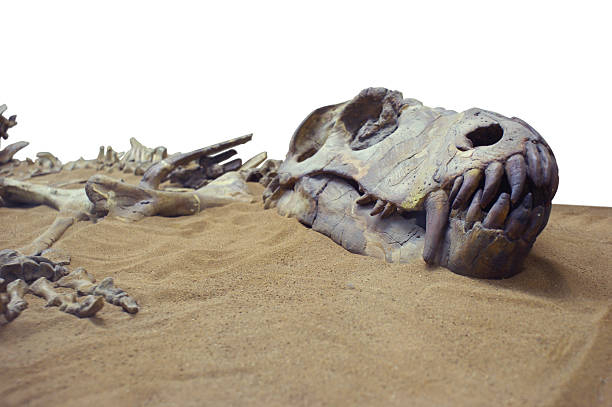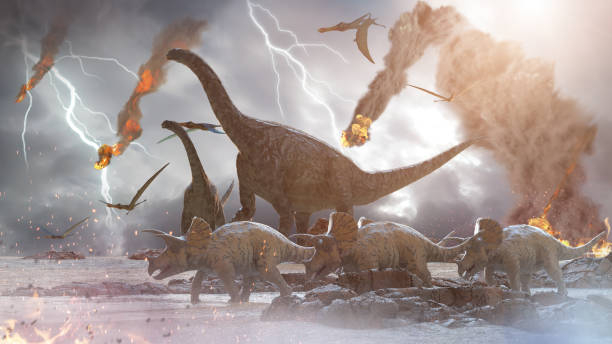How did most dinosaurs go extinct?
The dinosaurs may have gone out as a consequence of a single asteroid or comet strike 65 million years ago, but it is also plausible that they died out as a result of many comet impacts over one to three million years, according to a group of experts. The dinosaurs may have gone out as a consequence of a single asteroid or comet strike 65 million years ago, but it is also plausible that they died out as a result of many comet impacts over one to three million years, according to a group of experts.
Comet showers that occurred throughout time, according to Dr. Paul Weissman of NASA's Jet Propulsion Laboratory in Pasadena, Calif., one of eight authors of an article just published in Nature, the British scientific publication. According to the scientists, such showers are triggered by the near passage of adjacent stars through the Oort cloud of comets that surrounds the solar system. In 1980, Drs. Luis and Walter Alvarez and others proposed that an asteroid impact and its consequent consequences of darkening and freezing of the atmosphere wiped out the dinosaurs, which had controlled the Earth for nearly 140 million years.
Their notion was supported by the discovery of iridium, an element rare on Earth's surface but known to be quite plentiful in asteroids and meteors, at specific levels of the Earth's surface. According to one common explanation, an asteroid collided with the Yucatán Peninsula 66 million years ago, ejecting enough terrestrial and asteroid debris into the atmosphere to block sunlight for several years. This would have had a significant influence on plant life, resulting in the extinction of most dinosaurs.














